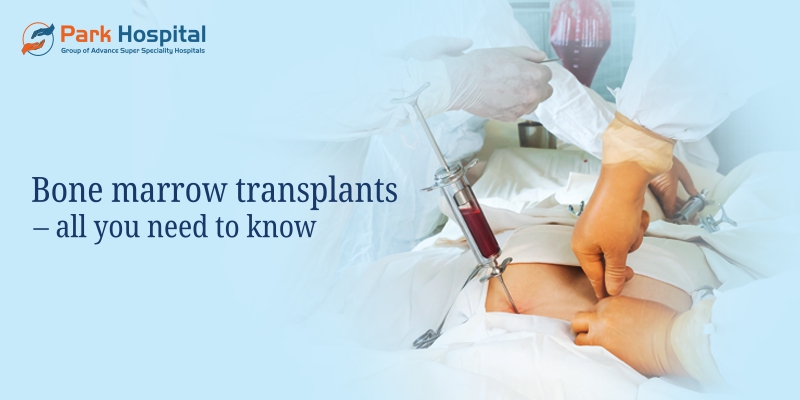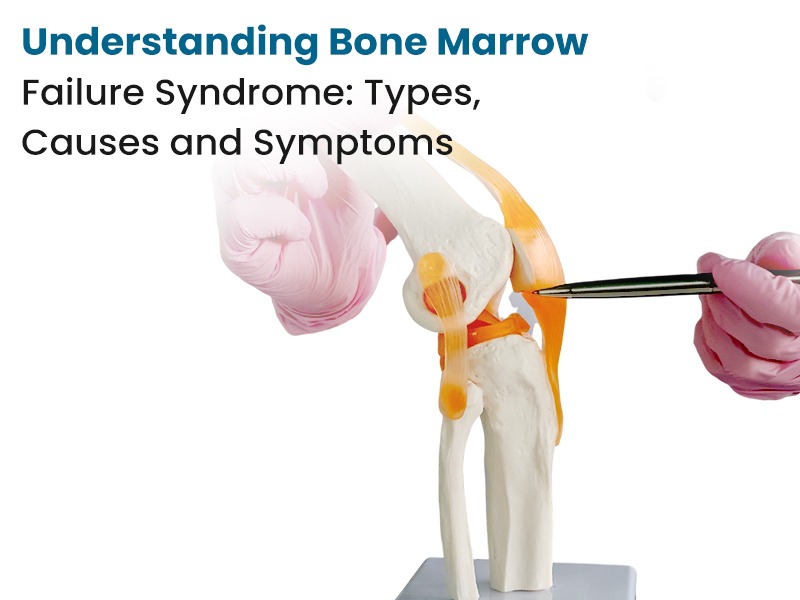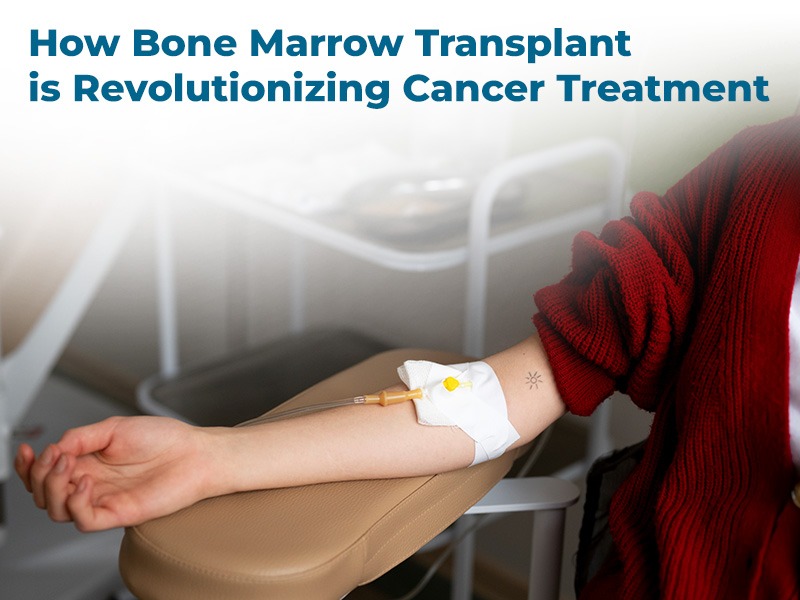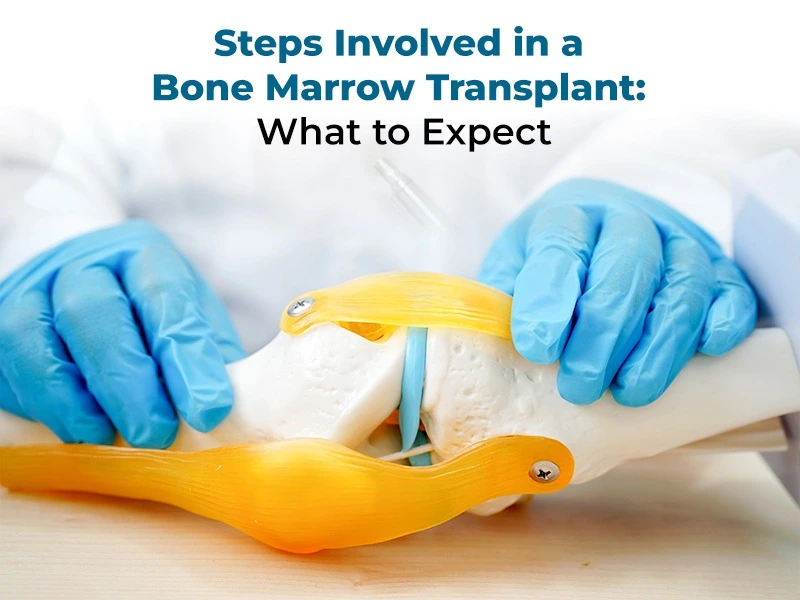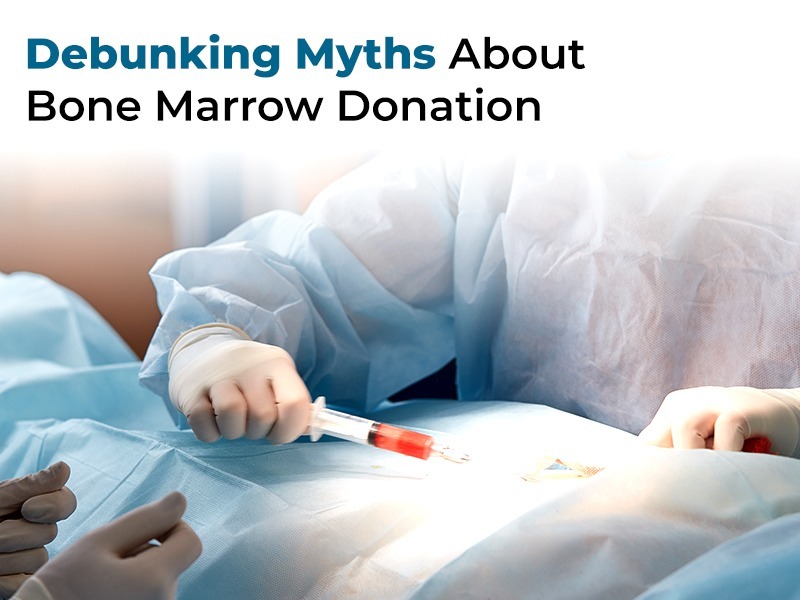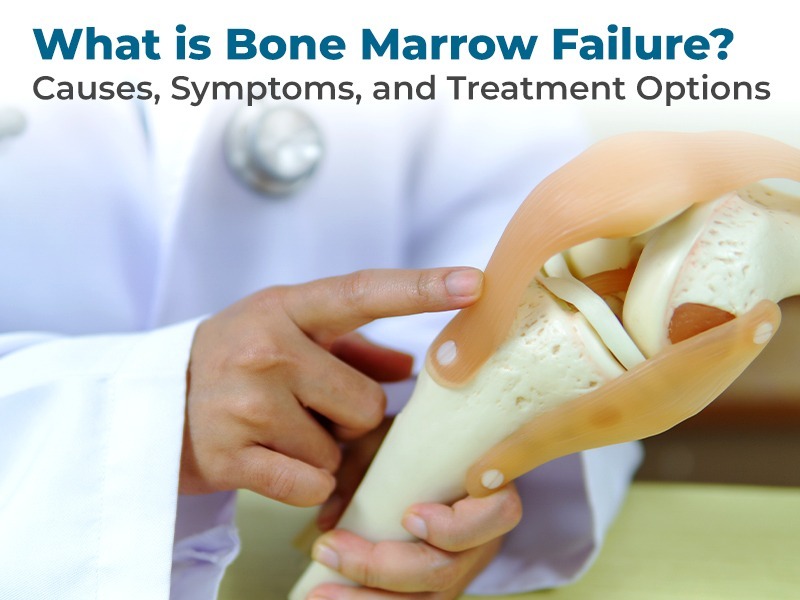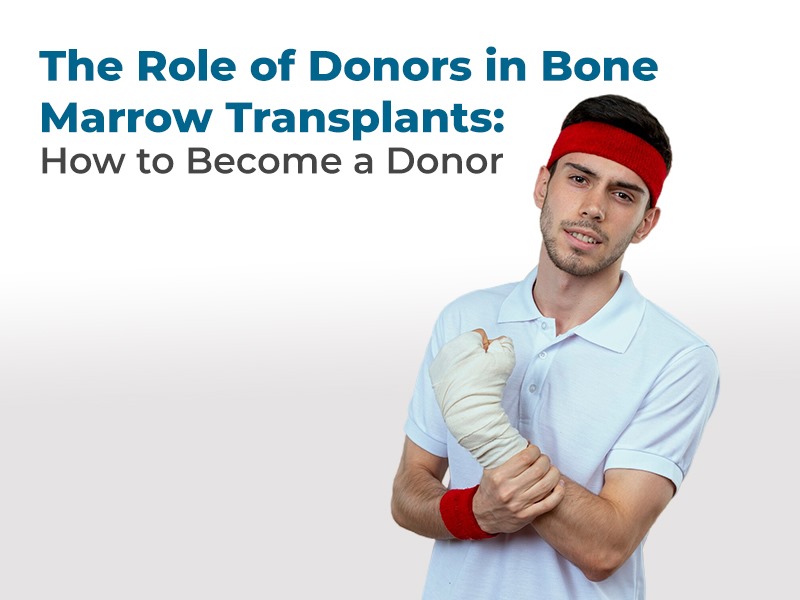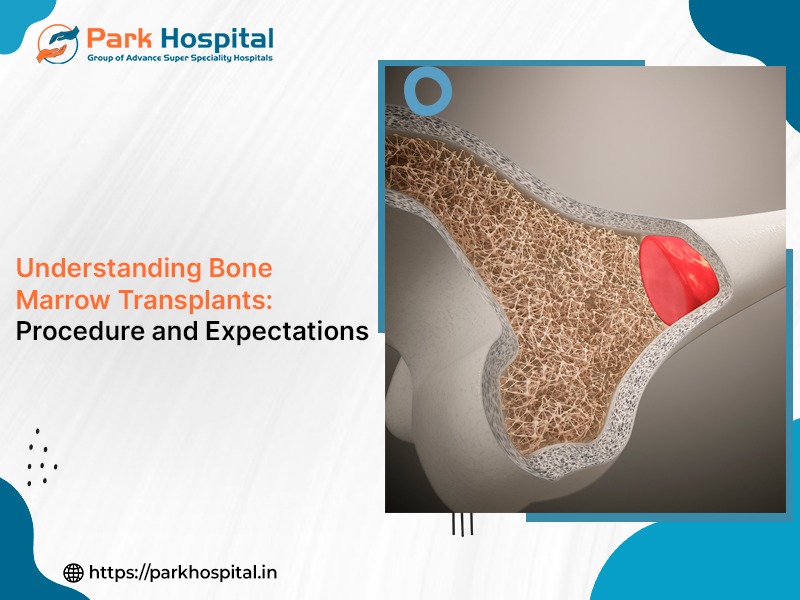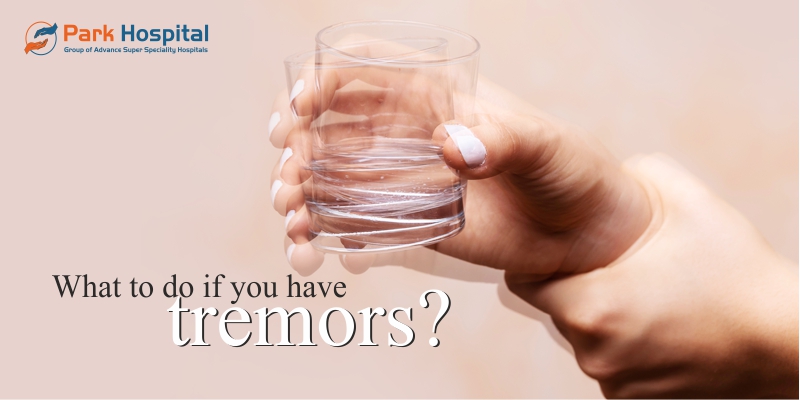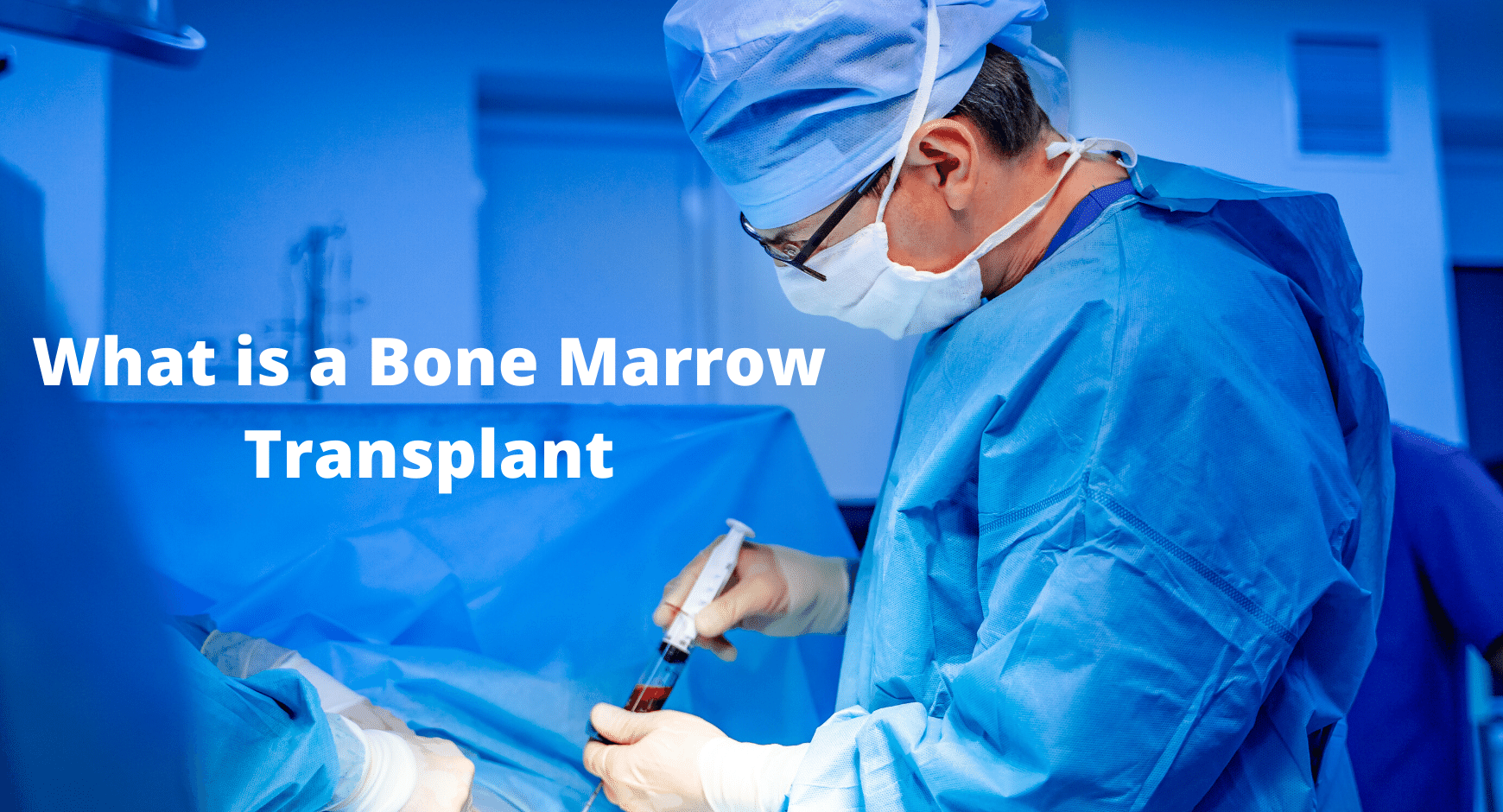Bone marrow transplant
A transplant is the replacement of damaged tissue with a new one. In the case of a bone marrow transplant, damaged bone marrow (due to blood cancers) is replaced with healthy stem cells that are generally recovered from the hip bone. There are four kinds of bone marrow transplants based on the source of transplant �
1. Autologous � recovering bone marrow from own pelvic bone (from own cells)
2. Allogenic � a related or unrelated donor or cord blood
3. Haploidentical � parent, child, or sibling
4. Syngeneic � from identical twins
What should I do before a bone marrow transplant?
A Psychosocial evaluation is done by a bone marrow transplant social worker to ascertain your readiness to undergo a transplant after having awareness about the bone marrow transplant from the coordinator. To ascertain your healthy state before the bone marrow transplant procedure, a series of diagnostic tests like ECG, an echocardiogram to assess heart function, x-ray, CT scan to check organs like liver, lungs, etc. Finally, blood tests like hemogram (to assess the cell count at baseline), serum bilirubin (to assess liver function), and serum creatinine (to assess kidney function) were done. In the case of cancer patients, a biopsy is also recommended to assess the risk of returning after a transplant.
Is bone marrow transplant a major surgery?
Bone marrow transplant is not a major surgery but involves a series of five stages �
1. Diagnostic tests to assess the general health condition of the patient before the procedure
2. Harvesting � extracting stem cells from self or donor either from blood or from the bone marrow of pelvic bone or from cord blood.
3. Conditioning � prepare the body for a new transplant by destroying damaged cells through chemotherapy or radiotherapy. This is an important step in case of destroying cancer cells in cancer patients and also reduces the risk of transplant rejection by controlling immunity.
4. Transplantation
5. Recovery period of 3-4 weeks generally.
How serious is a bone marrow transplant?
Bone marrow transplant involves some problems during or after the transplant such as �
1. Graft Vs Host Disease (GVHD) � which is the rejection of transplants that might occur mostly in allogenic (donor) transplants. Some of the symptoms are as follows �
a. Itchy rash
b. Jaundice
c. Dry eyes and mouth
d. Shortness of breath
e. Joint pain
GVHD may be of two types � acute GVHD and Chronic GVHD. In acute GVHD, the patient is advised to avoid sunlight (as there is a high incidence of skin rash). Fever, rash, nausea, vomiting, or diarrhea are the most common complaints in acute GVHD. Whereas chronic GVHD may be incident after 100 days of transplant and affects skin and nails, lungs, mouth sores, joint and muscle pain, dry eyes, rash, nausea, vomiting, and diarrhea.
The earliest treatment with steroids such as prednisolone causes immunosuppression and reduces complications associated with rejection of donor transplants.
2. Reduced number of blood cells (R.B.C.s, neutrophils, and platelets) and consequently anemia and increased risk of infections. When the absolute neutrophil count is less than 1000, then the individual is highly susceptible to infections due to compromised body immunity.
3. Chemotherapy-related side effects (after conditioning stage) � nausea, diarrhea, loss of appetite, mouth ulcers, tiredness, and hair loss.
Post-transplant care
Post-transplant use medications as advised by the Bone marrow transplant physician. Store your medications in a cool and dry place. Avoid over-the-counter vitamin supplements and follow the prescription of your consultant.
Post-discharge, there will be clinic visits twice or thrice a week based on your condition. Precautions to be taken to avoid infection (stay away from crowds), and any bleeding. Please consult your doctor if you are suffering from any rash or chills or pain or suffering from breathing or in case of painful urination. Frequent handwashing is recommended, whenever hands come in contact with any surface.
Nutrition � Eat 5-6 time small meals instead of 3 large meals. Consume high protein foods, calorie foods, and supplements. Avoid alcohol and excess amounts of caffeinated beverages. Consult a dietitian in case of any complaints such as bloating or stomach cramps after consuming milk or milk products. It may be due to lactose intolerance.
Physical activity � Listen to your body and do normal exercise with intermittent periods of rest if required. Avoid vigorous exercises. It could be first walking and then graduate to cycling if comfortable.

